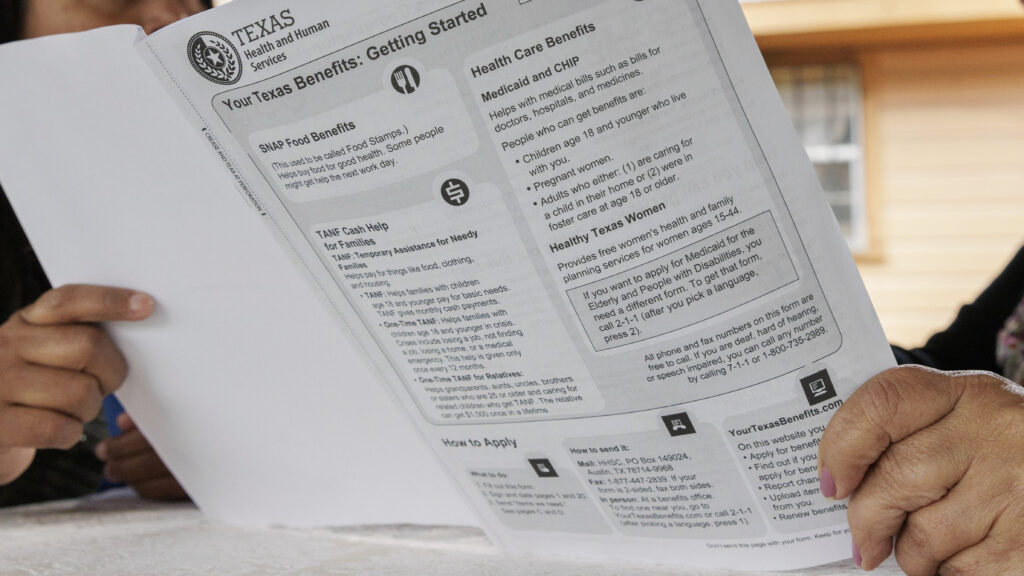he Pashai family of Dallas on Thursday got some good news, but not exactly the news they had spent the last month praying for. The Texas Medicaid program, after denying coverage for an initial consult to begin experimental gene therapy that could save the life of their infant son, Sufyan, “It’s a victory but it’s a small victory,” said Maria Kefalas, a patient advocate with the Calliope Joy Foundation, which has been mobilizing support for the Pashais. “It opens the door, but at this point they’re giving only the bare minimum.
The reversal was announced just days after STAT published a . In October, Sufyan’s older brother Mohammad was diagnosed with metachromatic leukodystrophy, or MLD, after he began to experience motor problems. MLD is a progressive neurodegenerative disorder caused by a buildup of toxic chemicals in the brain resulting from a mutation in a single gene.
There is no way to reverse damage once it’s occurred, but a treatment called , can restore the function of that faulty gene and prevent the disease from manifesting, if given early enough. Sufyan, who is just 4 months old, possesses the same mutation as his brother, but is not yet showing any symptoms, making him an ideal candidate for Libmeldy. Because the gene therapy is not yet approved in the U.
S. , it’s only available through a compassionate use program, and offered at only one center: M Health Fairview Masonic Children’s Hospital in Minneapolis. In December, doctors there had their request for an initial consult for Sufyan denied by Texas Medicaid, on the grounds that the treatment is still considered experimental.
Libmeldy has been on the market in Europe since 2020, and is expected to be approved by the U. S. Food and Drug Administration in March.
The care team in Minnesota filed an appeal, arguing that they can’t wait that long because Sufyan’s condition deteriorates every day. They also cited a Texas law that guarantees coverage of routine costs associated with receiving experimental therapies through clinical trials for the state’s Medicaid beneficiaries. Texas Medicaid officials did not immediately provide a rationale for the reversal.
On Thursday, Jennifer Ruffcorn, a spokesperson for Texas Health and Human Services, which oversees the state’s Medicaid program, said only that the Pashai’s managed care organization had approved the request for outpatient consultation at M Health Fairview. That means the family can now begin to make arrangements for Sufyan to travel to Minneapolis for testing. What remains unclear is whether Texas Medicaid will cover the subsequent costs associated with receiving Libmeldy.
Although its manufacturer, Orchard Therapeutics, intends to donate the costs of genetically engineering the cells at its lab in Italy, there are additional procedures and care that will need to be covered in order for the team in Minnesota to proceed — including collecting Sufyan’s cells, chemotherapy, and a weeks-long hospital stay while his blood and immune systems rebuild themselves. Friends of the Pashais have set up to help the family with the travel costs. The family declined to comment immediately, saying it was awaiting further clarity.
Ruffcorn added that while Texas Medicaid does not cover procedures and services that are experimental or investigational, beneficiaries participating in clinical trials may have routine patient care costs covered as medically necessary — when those services are current Texas Medicaid benefits. An exception to this policy may be considered for children under the age of 20, Ruffcorn told STAT. Under a federal program known as the Early and Periodic Screening, Diagnostic, and Treatment, or EPSDT, Medicaid may cover experimental treatments if the state determines “that the treatment or item would be effective to address the child’s condition.
” On a case-by-case basis, Texas may cover such treatments if the state determines them “medically necessary,” Ruffcorn said. It’s unclear whether Texas has already come to a determination in Sufyan’s case. The Pashai family emigrated to Texas in 2021, after having been evacuated from Kabul when the city fell to the Taliban following the withdrawal of U.
S. military forces from Afghanistan. The boys’ father worked security for an elite unit of American-trained Afghan special forces in the eastern part of the country, qualifying them for special immigrant visas.
The two youngest sons, Sufyan and Abubakar were born in Texas and are American citizens. Abubakar carries one copy of the mutation for MLD, but he will not be impacted by the disease. The family could not immediately be reached for comment.
.
From: bostonglobe
URL: https://www.statnews.com/2024/01/11/gene-therapy-consult-approved-for-afghan-infant-texas/?utm_campaign=rss



